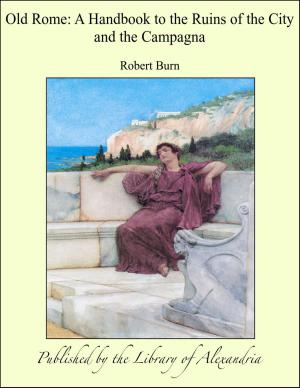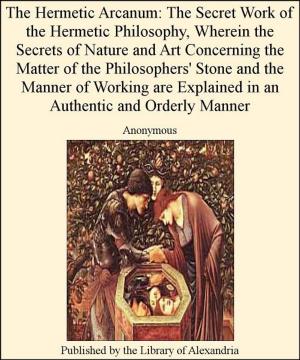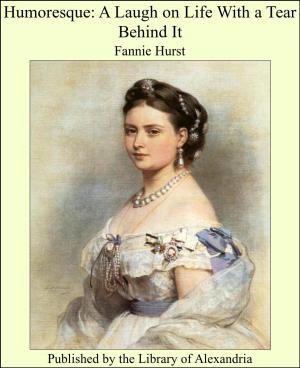The Fall of Prince Florestan of Monaco
Nonfiction, Religion & Spirituality, New Age, History, Fiction & Literature| Author: | Charles Wentworth Dilke | ISBN: | 9781465538673 |
| Publisher: | Library of Alexandria | Publication: | March 8, 2015 |
| Imprint: | Language: | English |
| Author: | Charles Wentworth Dilke |
| ISBN: | 9781465538673 |
| Publisher: | Library of Alexandria |
| Publication: | March 8, 2015 |
| Imprint: | |
| Language: | English |
I am Prince Florestan of Wurtemberg, born in 1850, and consequently now of the mature age of twenty-four. I might call myself “Florestan II.” but I think it better taste for a dethroned prince, especially when he happens to be a republican, to resume the name that is in reality his own. Although the events which I am about to relate occurred this winter, so little is known in England of the affairs of the Ex-principality of Monaco, now forming the French commune of that name, that I feel that the details of my story, indeed all but the bare facts on which it is grounded, will be news to English readers. The English Post Office believes that Monaco forms part of Italy, and the general election extinguished the telegrams that arrived from France in February last. All who follow continental politics are aware that the Prince Charles Honoré, known as Charles III. of Monaco, and also called on account of his infirmity “the blind prince,” was the ruling potentate of Monaco during the last gambling season; that there lived with him his mOther, the dowager princess; that he was a widower with one son, Prince Albert, Duc de Valentinois, heir apparent to the throne; that the latter had by his marriage with the Princess Marie of Hamilton, sister to the Duke of Hamilton, one son who in 1873 was six years old; that all the family lived on M. Blanc the lessee of the gambling tables. But Monaco is shut off from the rest of the world except in the winter months, and few have heard of the calamities which since the end of January have rained upon the ruling family. My cousin, Prince Albert, the “Sailor Prince,” a good fellow of my own age, with no fault but his rash love of uselessly braving the perils of the ocean, had often been warned of the fate that would one day befall him. Once when a boy he had put to sea in his boat when a fearful storm was raging, had been upset just off the point at Monaco, and had been saved only by the gallantry of a sailor of the port who had risked his own life in keeping his sovereign’s son afloat. In October 1873 my unfortunate cousin bought at Plymouth an English sailing yacht of 450 tons.
I am Prince Florestan of Wurtemberg, born in 1850, and consequently now of the mature age of twenty-four. I might call myself “Florestan II.” but I think it better taste for a dethroned prince, especially when he happens to be a republican, to resume the name that is in reality his own. Although the events which I am about to relate occurred this winter, so little is known in England of the affairs of the Ex-principality of Monaco, now forming the French commune of that name, that I feel that the details of my story, indeed all but the bare facts on which it is grounded, will be news to English readers. The English Post Office believes that Monaco forms part of Italy, and the general election extinguished the telegrams that arrived from France in February last. All who follow continental politics are aware that the Prince Charles Honoré, known as Charles III. of Monaco, and also called on account of his infirmity “the blind prince,” was the ruling potentate of Monaco during the last gambling season; that there lived with him his mOther, the dowager princess; that he was a widower with one son, Prince Albert, Duc de Valentinois, heir apparent to the throne; that the latter had by his marriage with the Princess Marie of Hamilton, sister to the Duke of Hamilton, one son who in 1873 was six years old; that all the family lived on M. Blanc the lessee of the gambling tables. But Monaco is shut off from the rest of the world except in the winter months, and few have heard of the calamities which since the end of January have rained upon the ruling family. My cousin, Prince Albert, the “Sailor Prince,” a good fellow of my own age, with no fault but his rash love of uselessly braving the perils of the ocean, had often been warned of the fate that would one day befall him. Once when a boy he had put to sea in his boat when a fearful storm was raging, had been upset just off the point at Monaco, and had been saved only by the gallantry of a sailor of the port who had risked his own life in keeping his sovereign’s son afloat. In October 1873 my unfortunate cousin bought at Plymouth an English sailing yacht of 450 tons.















